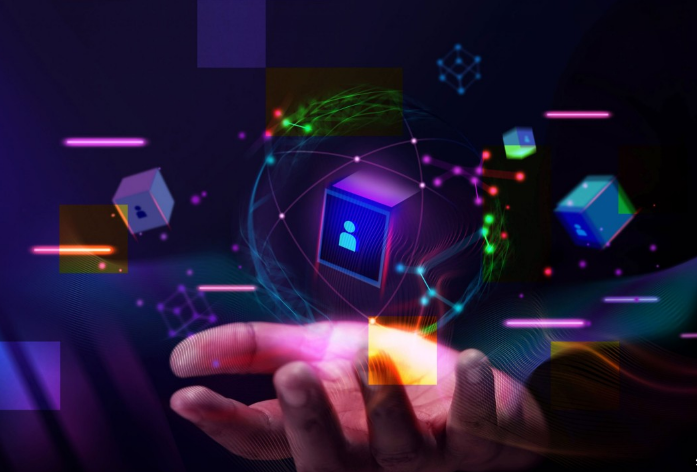Not so long ago, before streaming services and on-demand platforms took center stage, ownership was not much of an issue.
However, in the transition from physical media like CDs to streaming services, the concept of ownership has undergone a significant shift. With platforms like Spotify, Apple Music, and Netflix, users now rent access to music and movies rather than own it. This creates a scenario where if a song is removed from a platform, whether due to licensing disputes, artist decisions, or other reasons, the consumer loses complete access, despite having paid for the service.
Who truly owns the content we consume once we have purchased it? Who holds the reins to our published experiences? And what does this all mean for the future of how we engage with the media?
Without people having their archives, most official records can be altered. Depending on the situation, most public records can be a misrepresentation of the truth or a contradictory scenario of what happened. This leads us to the question, What is the future of public records, and who is in control of it?
Blockchain and DAO
According to Blockchain for Dummies, “Blockchain is a shared, immutable ledger that facilitates the process of recording transactions and tracking assets in a business network. An asset can be tangible (a house, a car, cash, land) or intangible (intellectual property, patents, copyrights, branding).
Virtually anything of value can be tracked and traded on a blockchain network, reducing risk and cutting costs for all involved.”
A decentralized autonomous organization (DAO) is an emerging form of organizational structure with no central governing body and whose members share a common goal of acting in the best interest of the entity. Popularized by blockchain enthusiasts, DAOs make decisions using a bottom-up management approach.
How DAOs Work
The major feature of Decentralized Autonomous Organizations is that it is decentralized, meaning there are no third parties involved in decision-making. DAOs rely on smart contracts to function. This means that group votes are required to make a decision. If the group votes on a proposal and it fails, the smart contract doesn’t execute anything.
Members could create a proposal and call for a vote, which would be broadcast to all members with voting rights. Voting power is distributed across users based on the number of tokens they hold. For example, one user that owns 100 tokens of the DAO could have twice the weight of voting power over a user that owns 50 tokens. The outcome of the vote would determine the direction the blockchain would take.
The theory behind DAOs is that users who are more monetarily invested in the DAO are incentivized to act in good faith. For instance, imagine that a DAO member owns a majority of the organization’s voting power (a majority of the tokens). This user could act in bad faith; however, if the DAO is programmed to penalize bad actors, the user will jeopardize the value of their holdings.
The Future Of Public Records With Blockchain
Blockchain technology offers a potential solution to the problem of Public Records by providing a system of verifiable, decentralized ownership. Here is how it works: blockchain allows for the creation of immutable, transparent records (or “tokens”) of ownership.
For music, this could mean artists or record labels issue digital assets representing a specific track, album, or even a piece of the rights. These assets could then be bought, sold, or traded on the blockchain, granting true ownership to the consumer—much like owning a physical CD.
The major difference here is that blockchain-based ownership is not subject to the whims of a third-party platform. Once a consumer owns a piece of music on the blockchain, it’s theirs, and the song can not be removed from their collection, regardless of changes to licensing agreements or platform policies.
This also introduces the potential for new revenue models where artists directly interact with their audience, bypassing the need for intermediaries like record labels or streaming platforms, thus ensuring better control over both distribution and revenue.
Additionally, the blockchain can provide more granular control over rights and royalties. Smart contracts—self-executing contracts with the terms of the agreement directly written into code—could automate royalty payments, ensuring that artists get paid instantly whenever their music is used or sold, and giving consumers more confidence in the fairness of the transaction.
While blockchain adoption in the music industry is still in its early stages, projects like Audius, and the use of NFTs for music (non-fungible tokens), are already experimenting with these concepts.
These innovations not only promise to restore a sense of ownership and autonomy to the listener but also offer new ways for artists to connect with fans and maintain control over their creative works in a decentralized, transparent, and secure manner.
In broader Historical and Societal Contexts Blockchain is Solving long-standing issues of ownership and control by:
- Eliminating Fraud and Counterfeiting:
Blockchain provides a decentralized, immutable ledger that can track the entire history of an asset, from its creation or inception to its current ownership. This means that with blockchain, it’s much easier to verify the authenticity of products (like high-value goods or artwork), preventing fraud and ensuring that what you’re purchasing is genuinely owned by you.
- Decentralized Property Rights
Blockchain can create transparent, secure, and immutable land registries that empower individuals to prove ownership without relying on centralized authorities like governments, which may be corrupt or inefficient. This could reduce land disputes and ensure that ownership records are secure and accessible to all.
- Empowering Individuals with Self-Sovereign
Blockchain technology enables Self-Sovereign Identity (SSI), a new model for personal identification that allows individuals to own and control their own identity data. With SSI, individuals can own and control their data (such as birth certificates, academic records, or medical history) and selectively share it without relying on third parties. This shifts the balance of power from institutions to individuals, granting them greater autonomy over their own identity.
- Transparency and Fairness in Supply Chains
Blockchain’s ability to provide transparent, immutable tracking of goods and services as they move through the supply chain can hold companies accountable for their sourcing and production processes. Consumers can verify that the products they purchase (from food to clothing) are ethically sourced, giving them autonomy over their choices and ensuring that corporations can no longer obscure unethical practices.
In conclusion, blockchain addresses historical issues of ownership autonomy by providing secure, transparent, and decentralized systems that:
- Combat fraud and counterfeiting by verifying authenticity
- Strengthen property rights by offering decentralized, tamper-proof records
- Empower individuals with control over their personal identity data
- Promote fairness and transparency in global supply chains
For those hungry for a deeper dive into this issue and projects offering ownership solutions, subscribe to ByteOnchain News.

